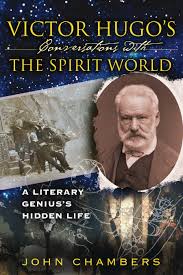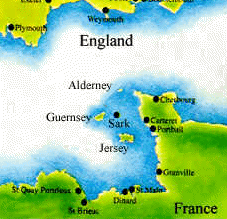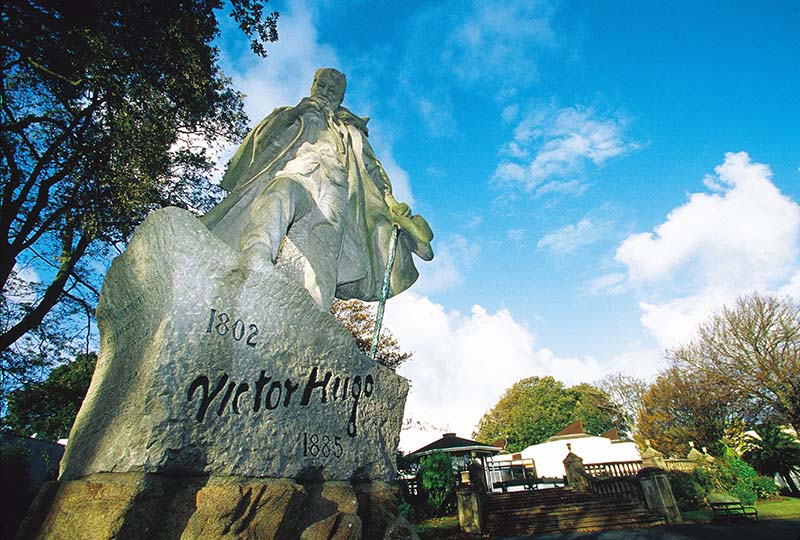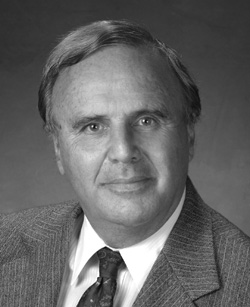Eggheads! Did Victor Hugo (1802-1885) wrote ‘The Miserables’ on Guernsey in the Channel Islands? Yes, he did! He spent nearly twenty years in exile, three years on Jersey and most of the remainder on Guernsey. While this book is not a biography it does limn the relevant elements of this gargantuan writer’s gargantuan life. His books were big and so was he, and as big as he was his ego was even bigger. He regarded himself as the greatest writer ever, full stop, period, and end. He did not mean the greatest French writer, though he meant that, but the greatest writer of all, including William Shakespeare, who latter confirmed this judgement! (The best French writer had to be the best, because French was the best language per Hugo, though he had no knowledge of any other languages. It was a priori knowledge.)

No he was not a Mormon but yes the long-dead Shakespeare did concede Hugo’s surpassing genius … in a séance, for he sampled, practiced, and studied spiritualism with the same intensity he did everything else. At first he was disinterested in the many varieties of spiritualism that washed around Europe in the middle of the Nineteenth Century, but tolerated his wife’s interest, and then himself became hooked when it seemed that he could communicate with his dead daughter, the first born whom he loved (almost as much as himself, as one wit had it).
 Some may remember ‘Bergerac.’
Some may remember ‘Bergerac.’
It was a time when the line between the living and the dead was a veil to some. Magnetism, mesmerism, table talking, automatic writing, rap rap, these were all in vogue. Once Hugo tasted this activity he drank deeply of it. A séance might start at 8 pm with a dozen participants in his Guernsey house and as the others departed or fell sleep in place, he continued on and on into the small hours of the morning.
And why not, he was H U G O after all and the spirits of the long dead crowded around to meet him! To the dead, he was a celebrity. [Pause.] Thus did Shakespeare rap out a message as did Aeschylus, Molière, Niccolò Machiavelli, and the Emperor Napoleon. Ego, indeed. He found further confirmation of his own self-estimate in these exercises, as if the chorus of praise from his contemporaries was not enough. Gargantuan that ego.
 A séance.
A séance.
Hugo was not a Christian and yet he prayed. Hugo was not a socialist and yet he spoke for the dispossessed. Hugo was not a monarchist and yet he supported Louis Napoleon. Hugo was not a democrat but he came to oppose Louis Napoleon. Hugo loved Paris and yet lived in exile in the Channel Islands. Hugo was principled and yet he broke his word more than once. Hugo despised politics but twice served in parliament. Hugo made a point of defying classification with any one side or position. The words of Walt Whitman came to mind: ‘Do I contradict myself? Very well then I contract myself, I am large, I contain multitudes’ (‘Leaves of Grass,’ 1855). Hugo was a multitude.
 Statue Hugo on the island.
Statue Hugo on the island.
Among the spirits who paid court to Hugo was Niccolò Machiavelli during a séance 16 December 1853 and on two other, later occasions (p. 224), and that is why I had look at the book. Most of the séances were recorded by a scribe as the spirits spelled out their messages a letter at a time, mostly in French, sometimes in Latin, and occasionally in an incomprehensible mishmash. While several participants including Hugo himself wrote up the experiences using the transcripts, most of the original transcripts have joined the spirit world, i.e., they have been lost. In this book we find that Machiavelli visited Hugo twice, the first two times they talked politics, and the last the subject was reincarnation and a summary of that last conversation is presented. Nothing further is said about the political discussions because these are among the lost transcripts. Given the Hugo was proscribed by Louis Napoleon III it is likely that Hugo denounced tyranny to Machiavelli, ah hem, in the transcriptions that survive Hugo does a lot of the talking, and so he probably did with Machiavelli who was probably left to agree as most people, living or dead, were in conversation with Le Grand Victor.
 John Chambers
John Chambers
The book is well written and based on Hugo’s own accounts and those of contemporaries and it reads like a novel with asides for exposition. However, I had no interest in the word-by-word translations of the actual channeled material in the sessions which form the bulk of the book.
Skip to content
